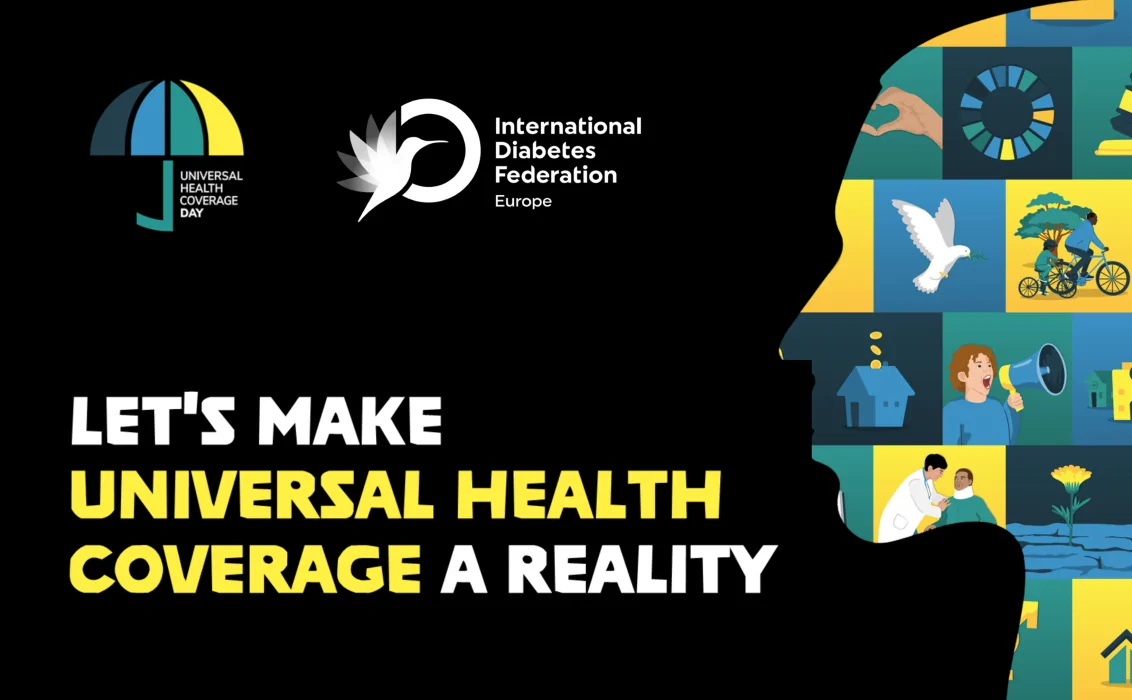On November 25, the European Union (EU) released its ‘Pharmaceutical Strategy for Europe’. This document is a key component of the ‘European Health Union’ that calls for closer cooperation among EU Member States on health-related matters for more resilient health systems and better preparation for future crises.
It is also of relevance to some non-EU countries, especially in candidate and potential candidate countries as well as in countries part of the Deep and Comprehensive Free Trade Areas, which have an obligation to align with the legislation.
While the COVID-19 crisis has exposed the cracks present in many European health systems as well as some intra-EU weaknesses, it has also demonstrated how cooperation among EU Member States can help tackle cross-border health threats and hopefully foster better health for all Europeans. The EU Pharmaceutical Strategy is a recognition of the need for a new approach to guarantee the health of European citizens through addressing unmet needs, ensuring access to affordable, quality and safe medicines and boosting the sector’s global competitiveness.
The strategy is articulated around four key objectives:
- Delivering for patients: addressing unmet medical needs and ensuring the accessibility and affordability of medicines;
- Supporting a competitive and innovative European pharmaceutical industry;
- Enhancing resilience in terms of supply chains, the sustainability of pharmaceuticals and future health crises;
- Ensuring a strong EU voice globally.
What this means for people living with diabetes (PwD) in Europe
The EU Pharmaceutical Strategy promises an increased focus on person-centred healthcare and personalised medicine. Placing the focus of innovation on patients’ unmet needs, aligned with the needs of health systems, could be of great benefit for people living with chronic diseases such as diabetes.
Diabetes is a progressive condition for which there currently is no cure. It requires round-the-clock self-management and a supportive health system. Thus, the ‘one-size-fits-all’ model that is currently in place in many countries does not always allow for optimal diabetes management. While the Strategy has a specific focus on paediatric cancers, rare diseases and antimicrobial resistance, the general approach of placing patients’ unmet needs first, and supporting investment and innovation, also offers an opportunity for new developments in the field of diabetes that could help improve health outcomes and quality of life for PwD.
In order to guarantee a good quality of life and to avoid potential diabetes-related complications, PwD require uninterrupted and affordable access to the medicines and technologies they need throughout their lives. IDF Europe welcomes the strong focus on improving access to medicines present in the Pharmaceutical Strategy. Currently, there are broad disparities among European countries regarding equal access to medicines, supplies and quality healthcare. The Strategy recognises the existence of these health inequalities and will specifically review incentive mechanisms as well as Intellectual Property rights and procurement/reimbursement systems to promote more equal access. IDF Europe also supports the intention to open the market to generics and biosimilars. In the latter’s case, however, and taking into account the specificities of biosimilars, substitution will not be acceptable, without full transparency of the characteristics of the biosimilars versus the reference product.
IDF Europe also welcomes the Commission’s renewed commitment to the adoption of the health technology assessment legislation, which should help accelerate the spread of innovation through more cooperation between Member States and less geographically-fragmented assessment of the value of innovative solutions to patients and cost-effectiveness for health systems.
Attention is also given in the Pharmaceutical Strategy to supporting the creation of a ‘European health data space’. Harnessing the potential of the digital transformation is crucial to the future of healthcare in Europe, but it must work for everyone. Data systems must guarantee compliance with data regulations and issues associated with access to digitalisation that still persist in Europe. Instrumental to optimising the benefits from the health data space will be the ability to collect a broad set of data points and indicators. In the case of diabetes, a condition ideally suited to the use of digital solutions, this will mean ensuring that such tools as diabetes registries not only are in place in all European countries but also collect a broad range of indicators such as the value to patients of specific interventions.
Somewhat lacking from the strategy is a proper framework to ensure that patients are meaningfully and deeply engaged, from the definition of unmet needs through to the assessment of value, and we call on the European Union to strengthen this aspect in all its initiatives.
The EU Pharmaceutical Strategy will be implemented over the next few years, through a mix of legislative and non-legislative actions. While it primarily focuses on pharmaceuticals, it will also include some aspects of medical devices and will be linked to other EU programmes and priorities such as EU4Health, Europe’s Digital Future and the European Green Deal, for example.
Read the strategy here.



